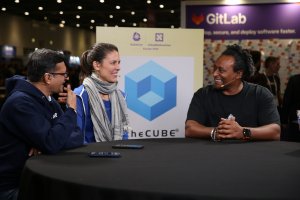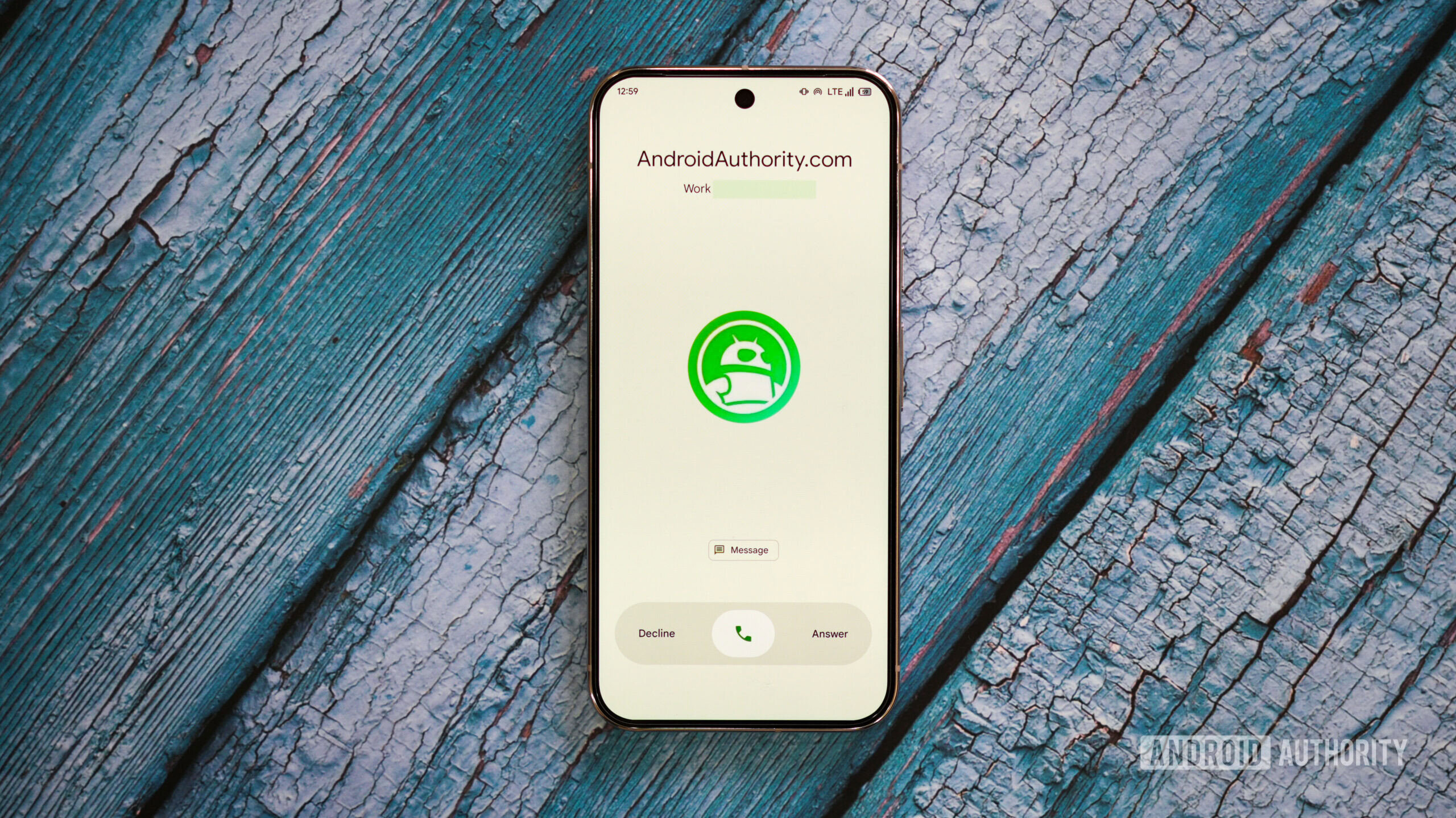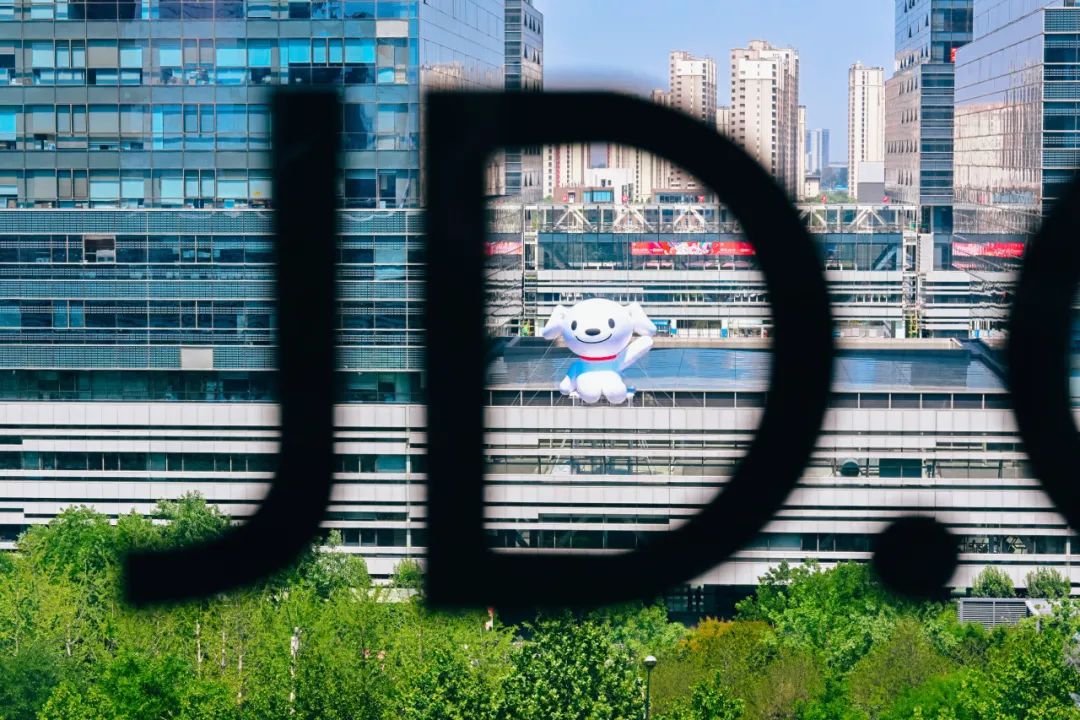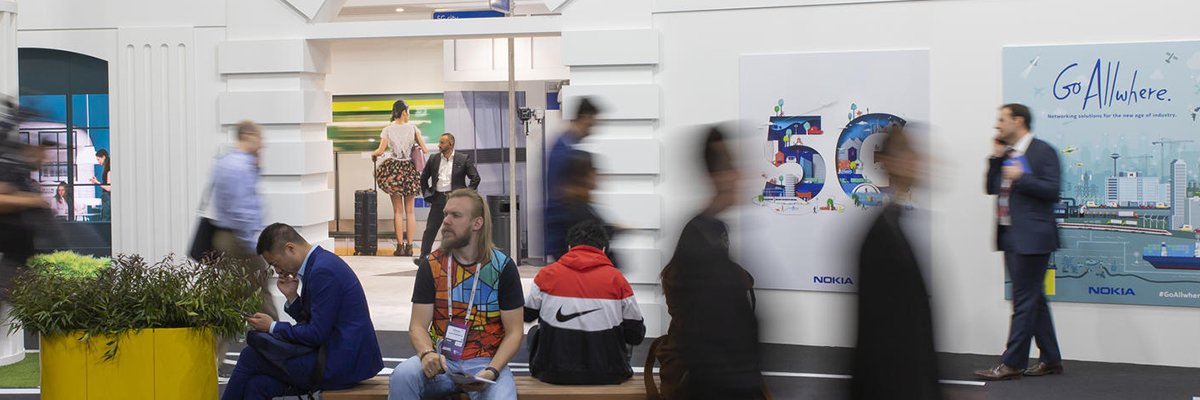Editor’s note: We don’t often cry in enterprise tech, but when we do, it’s for good reason. Special thanks to Sandeep, Will and Catherine for being so inspiring to this tech nerd let the tears come.
It goes without saying that it’s never been more important to be an ally, but how do we do so without burdening our minority friends with our ignorance and well-intentioned but pedestrian questions? How do we foster interactions, create content and design stage environments that are more thoughtful? How do we champion diversity, equity, and inclusion, or DEI? That challenge sits at the core of every DEI conversation in enterprise tech today.
It starts with listening. It continues with understanding fundamentally that accessibility and inclusion are good for us all—that cutting curbs makes life easier for everyone using the sidewalk, not just those in wheelchairs. It means that captions are in the right place to help the neurodiverse or introverted as much as the deaf and hard of hearing. It means that voice controls make navigation safer while also helping the blind. It also means that being deeply welcoming with our lexicons and not abusing acronyms opens the door to many.
As technology evolves, particularly with artificial intelligence, it’s vital to ensure equal opportunity and advance DEI in how we build, use and share tools. TheCUBE Research continues to host a series of conversations with underrepresented groups brought together by The Linux Foundation’s cloud-native and open-source communities. Our most recent conversation with Sandeep Kanabar, co-chair of the Deaf and Hard of Hearing Working Group and senior principal software engineer at Gen Digital Inc., William Rizzo, a member of the BIPOC Initiative, and curated by the gifted Catherine Paganini, director of marketing and community at Buoyant Inc., highlights the importance of accessibility and inclusion in tech while providing an actionable guide to being a better ally.
Watch the full video interview here:
The conversation, which took place at the largest KubeCon and CloudNativeCon ever, with 12,000+ attending in London, shed light on the challenges faced by underrepresented groups in the tech industry. Kanabar, who relies on lip-reading and captioning to communicate, discussed the importance of accessibility tools, such as Google’s live transcribing app and Otter voice meeting notes.
“Without the captioning, I don’t know about the remote work, about being able to contribute to the open source,” he said. “So in a way, I have to thank the captioning for me?”
All the more reason to be nice to AI.
The BIPOC Initiative, which aims to empower Black, Indigenous and People of Color in the tech industry, is another crucial effort toward creating a more inclusive community. The initiative’s primary goals are to enable and empower people in the BIPOC community to become more visible in the community, contribute to open source and instruct and enable employers to retain and employ talent from the BIPOC community, according to Rizzo.
“We want to build mentors and we want to have mentees so we can get a home to this 0.5%, and maybe to also that 6% because, yeah, we don’t really care about the color,” he said. “So just come over, we will help out.”
The power of mentorship and allyship in advancing DEI
A new mentorship program, established by The Linux Foundation, aims to connect underrepresented groups with mentors who can provide guidance and support. Paginini explained that it’s essential to find mentors who can match with mentees and provide the support they need.
“We’re doing a new mentorship program,” she said. “So basically, well, we have these diversity groups, and I’m with the Linux Foundation on creating a home for all these groups. It’s going to be Linux Foundation-wide, because this is not only an issue in the cloud-native community.”
The conversation also highlighted the importance of allyship in driving change in the tech industry.
“If you stop looking at the color of the help, there is already a great start. It’s about people,” Rizzo said. “We’re calling it out. I got it. I’m listening. I’m learning.”
Kanabar’s story highlighted that a little love and empathy can go a long way in making a positive impact — and also brought analyst Savannah Peterson to tears.
“The people of India, the culture is beautiful,” he said. “The people are warm and incredibly friendly. I got an ‘F’ in one of the subjects in engineering. And I was there just from 18, 19 … I was just too depressed, and I just wanted to give up on life. When I was crying, a hand gently tapped my shoulder — it was the top girl of my class. She told me to sit next to her and copy notes. The thing was that only girls sat in the first row in India — no boys were sitting there. So the next time I went to my class, I sat in the center in the first row and pushed off my hearing aids because I did not want to hear all the people laughing. The people laughed for a good one minute in a light-hearted way. But just sitting next to her changed my life. The empowerment that ally gave me is the entire story of my life — it’s the story of the allies I found along the way.”
Creating a more inclusive community together: If you see something, say something
The conversation emphasized the need for greater awareness and understanding of accessibility and inclusion in tech.
“Minorities are in the minorities by definition,” Paganini noted. “It’s really easy to overlook their voices or even flat out ignore them. That’s where allies come in. We can make sure that does not happen, because together, we are the majority. That’s why I feel like community-driven change is possible.”
The KubeCon and CloudNativeCon event provided a platform for underrepresented groups to share their experiences and perspectives. The event featured a range of accessibility and diversity efforts, including a sign language crash course and a DEI community open space discussion.
“KubeCon, when it comes to accessibility, KubeCon is truly top-notch, because we’re going to give feedback on what worked, what did not,” Kanabar said. “So today the captions were really good. But in the last KubeCon, sort of the captions weren’t that great. And the nice thing is that they immediately fixed it.”
Call to action: Help create inclusive, accessible and welcoming environments
- Consider joining the mentorship program or reach out to the Deaf and Hard of Hearing Working Group and/or the BIPOC initiative on CNCF’s Slack channel to get involved.
- Provide feedback on accessibility issues at events and conferences.
- Become an ally by amplifying the voices of underrepresented groups and creating a more welcoming environment.
- Take small steps to make a difference, such as providing captioning or sign language interpretation at events.
- Review the highlights of other tips shared by previous guests in this series.
- Listen thoughtfully to the diverse voices in your community and be brave by speaking up about making change happen.
Our hope is that these conversations highlight the importance of accessibility, inclusion and DEI-focused allyship in driving change in the tech industry. By working together and providing support to underrepresented groups, we can create a more inclusive and diverse community that benefits everyone.
Special thanks to our production team for staying late to make sure we had enough time to do this important segment properly, even after the CNCF show floor lights went out.
Image: News
Your vote of support is important to us and it helps us keep the content FREE.
One click below supports our mission to provide free, deep, and relevant content.
Join our community on YouTube
Join the community that includes more than 15,000 #CubeAlumni experts, including Amazon.com CEO Andy Jassy, Dell Technologies founder and CEO Michael Dell, Intel CEO Pat Gelsinger, and many more luminaries and experts.
THANK YOU










